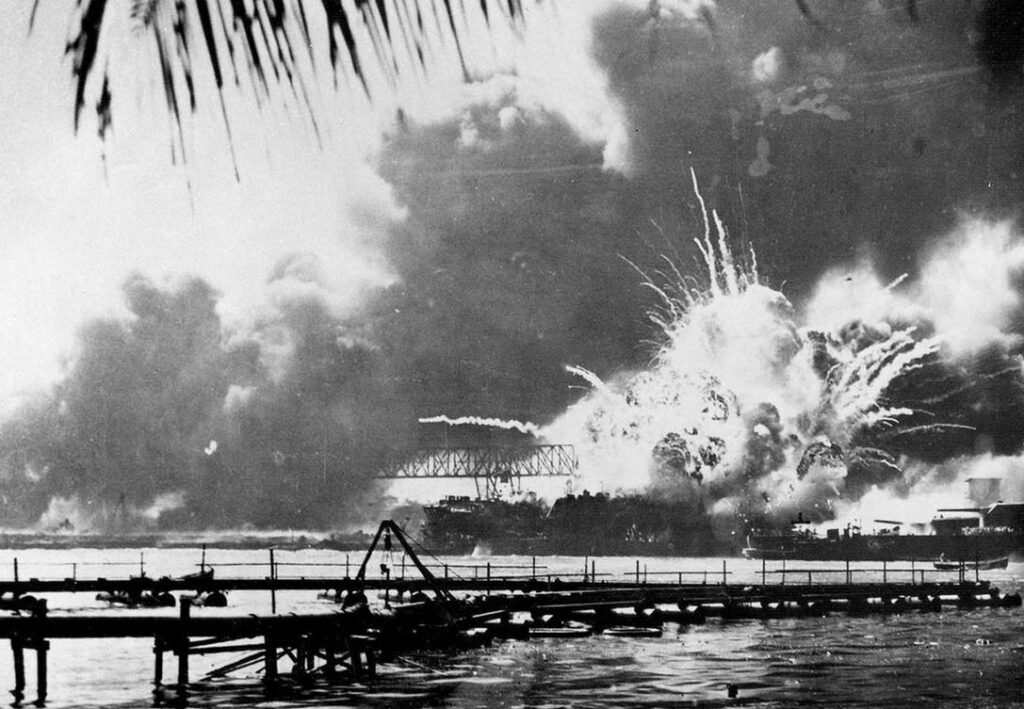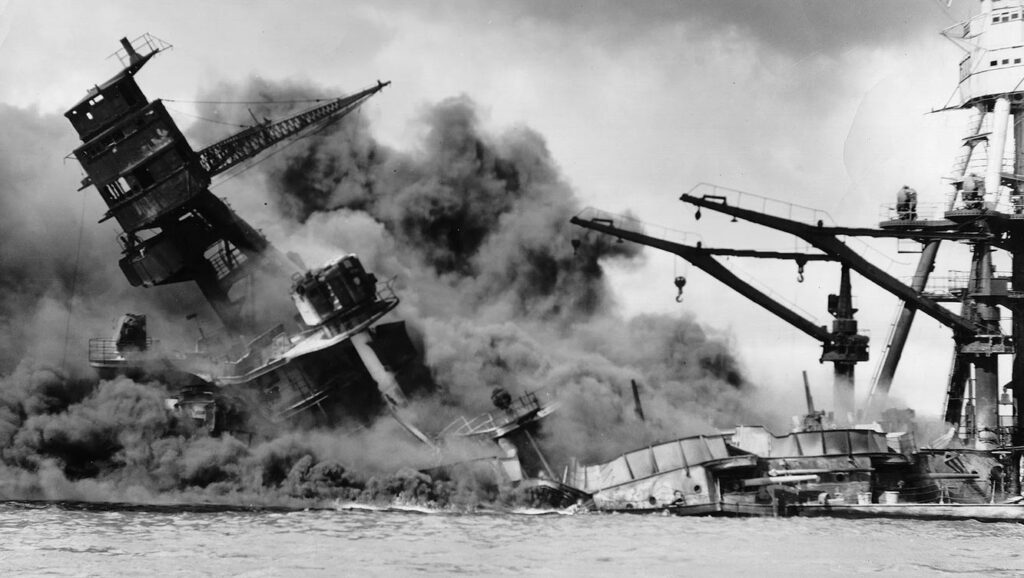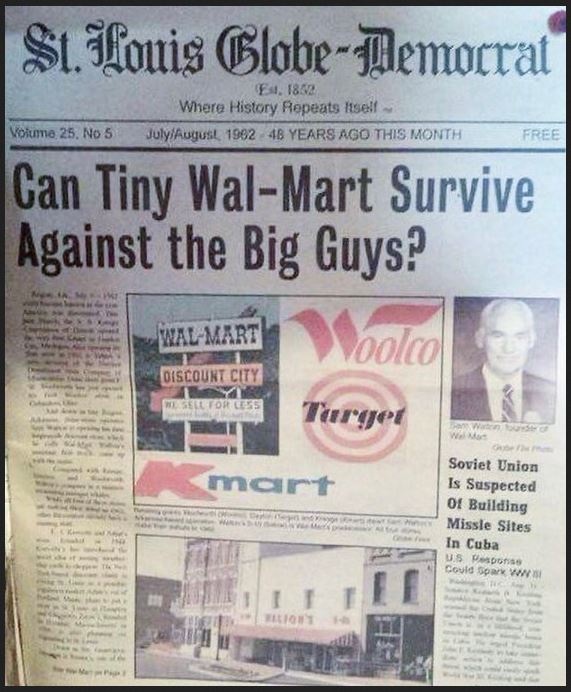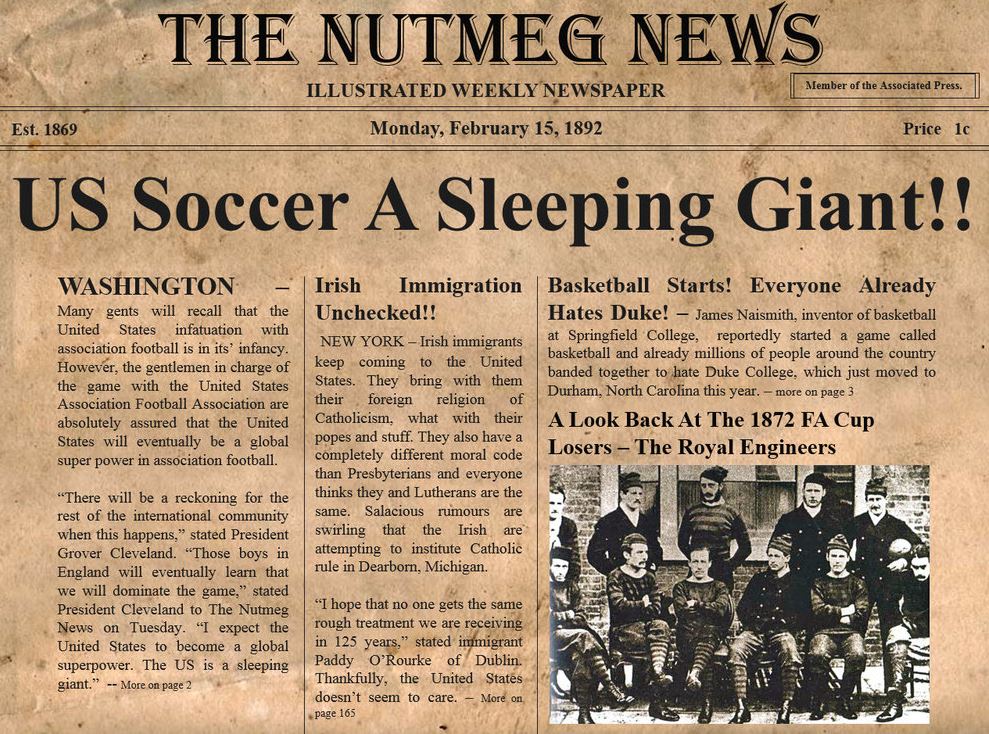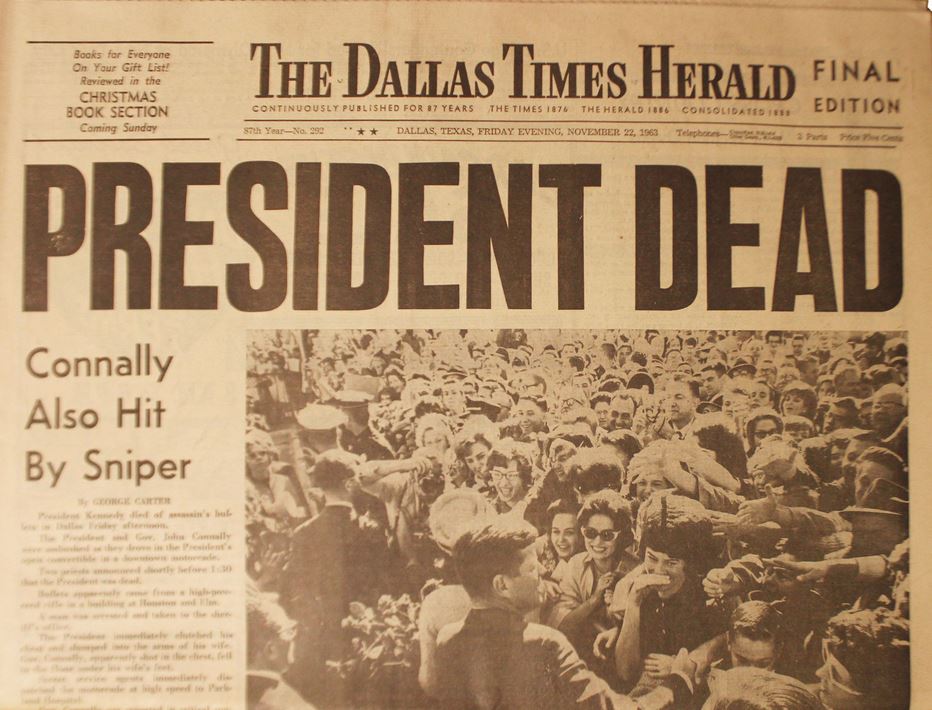I just finished reading Lynne Olson’s Citizens Of London, and all I can say is I wish I’d read it before Tony Judt’s Postwar (which I recommended earlier).
Of course, as a keen student of 20th-century European history, I’m very familiar with the WWII period — or at least, I thought I was. In fact, I’ve always been more interested in the military history thereof rather than the diplomatic side… and Citizens Of London took care of that for me, in spades.
Oh, good grief: how could I have been so ignorant? Of course I knew about Edward R. Murrow (“the voice of the Blitz”), and Averill Harriman (more so for his post-war career). But Gilbert Winant? All I knew about him was that he was successor to the horrible-in-every-way-imaginable Joe Kennedy as U.S. Ambassador to Britain, and I vaguely remember him as one-time governor of New Hampshire.
Olson’s book has set me straight on that, and if you are similarly ignorant about this period and these characters, it will do the same for you. Run, don’t walk, to your favorite bookstore or to Amazon, and buy this book because it will change your perspective on WWII completely.
I should point out in passing that in this history, Franklin D. Roosevelt does not come out well (not that this is a Bad Thing, of course), and nor does his successor Harry S Truman. And I have never read so personal and compelling a story about not just Winston Churchill, but also the entire Churchill family during this period.
It is clear that but for Murrow, Harriman and Winant — with an excellent assist from Dwight D. Eisenhower — there may well have been a completely different outcome to the events of 1939-45.
And if that doesn’t get you to read Citizens Of London, we can’t be friends.

